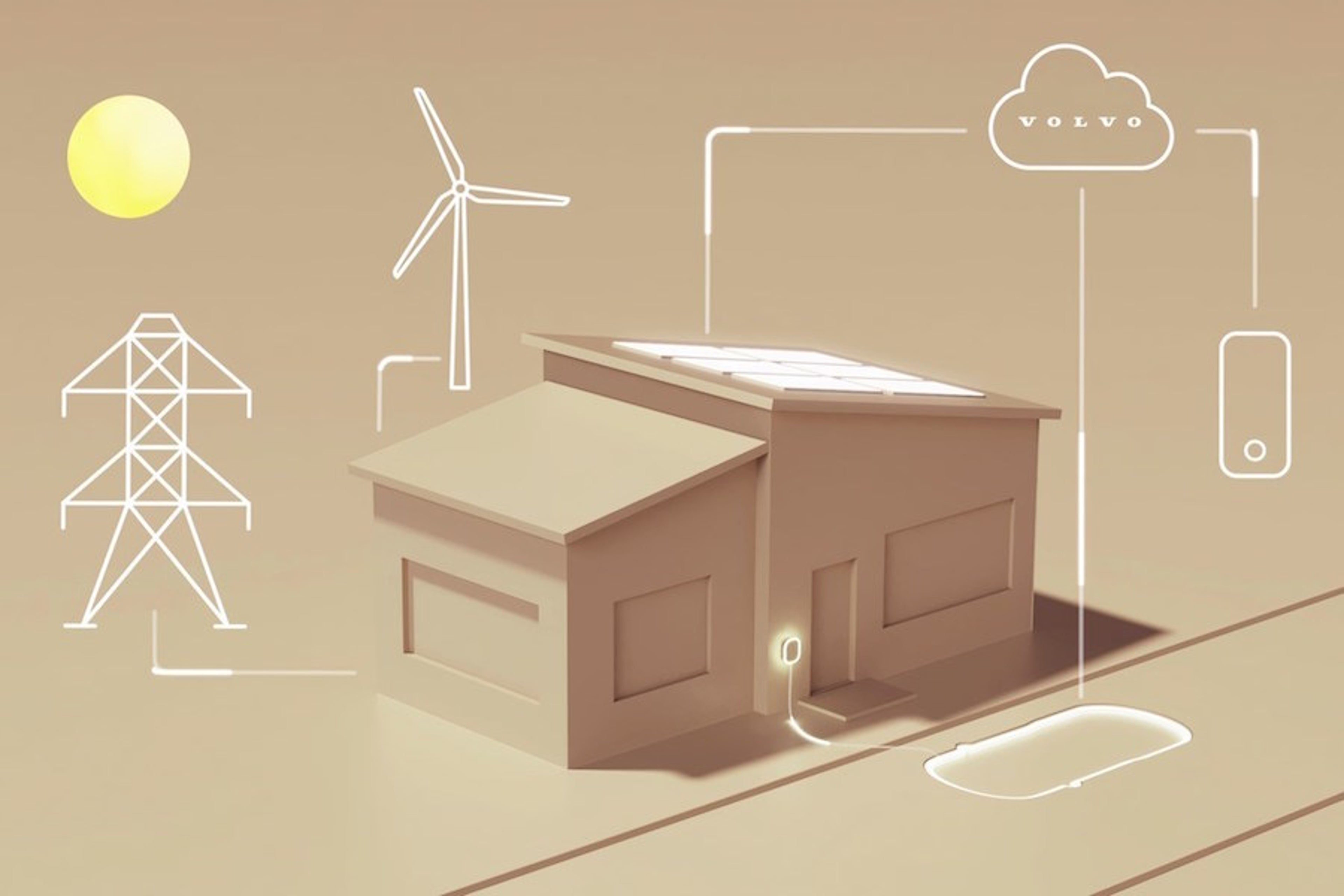Volvo Cars invests into home energy systems – the shape of things to come?
Volvo Cars has made another strategic bet as it bids to link its car batteries to customers’ homes – and the broader power grid.

Volvo Cars venture capital arm last month invested in Canadian smart homes business dcbel, which makes bi-directional EV chargers that link into home energy systems as well as things like rooftop solar PV panels.
The aim is to accelerate the rollout and take-up of smart homes and smart electric cars that can work together to ease the strain on power systems locally and globally as transport becomes increasingly electrified.
Otherwise, the cost of transitioning from petrol and diesel cars to cleaner electric vehicles will end up higher than it needs to be.
"Rising energy prices coupled with frequent blackouts are challenges faced by consumers today and our investment in dcbel and their technology can help alleviate those challenges for our customers."
In Australia, mass adoption of electric vehicles could add significant peak load onto national power infrastructure if everyone decides to charge their car at the same time. Government and energy companies are working out how to best address that challenge without having to invest billions in more copper wire and substations.
Smart charging – where chargers can start or stop charging EVs automatically in response to national, regional or local energy demand – helps solve that problem. Widespread adoption of smart charging should significantly reduce the overall cost of infrastructure required to enable the transition to electric vehicles, in turn reducing the extra costs added to everyone’s power bills.
Bi-directional EV batteries and charging systems take that approach one step further, because the cars can take power to charge the battery when demand is low – for example when there’s lots of solar power being generated.
Plus on the flip side, when there is high demand for power, such as in the evening when solar power isn’t available, using car batteries to power the house – or to feed into the broader energy system – helps reduce spikes in demand.
That means Volvo Car owners in the not-too-distant future can avoid the highest electricity prices and can ultimately get paid to help keep the power system balanced. That also helps smooth power peaks – and therefore peak power prices – for everyone else.
Hence the carmaker channelling R&D into bi-directional charging technology, with the EX90 the first model to come with bi-directional capability as standard, as well as investing in companies such as dcbel.
"Home Energy Management Systems will play a vital role as we move towards bi-directionality of electric vehicles," said Alexander Petrofski, CEO of Volvo Cars Tech Fund. "Rising energy prices coupled with frequent blackouts are challenges faced by consumers today and our investment in dcbel and their technology can help alleviate those challenges for our customers."
**Building a smarter world**
Volvo’s Tech Fund has invested in more 15 start-ups and scale ups trying to help build a smarter, more sustainable world.
These range from businesses working out how to reduce the weight of both interior and exterior automotive panels; companies rethinking battery chemistries for faster charging times and higher power densities; firms that make technology to keep sensors clean; businesses building virtual power plants – which aggregate things like household solar systems and car batteries to help balance power grids and enable greater penetration of renewables; to firms creating supply chain emissions tracking software; and companies developing alternatives to the rare-earth magnets are used in EV motors.
See the tech fund portfolio here. It’s an interesting mix and as Volvo Cars prepares for an all-electric future, there will probably be more to come.